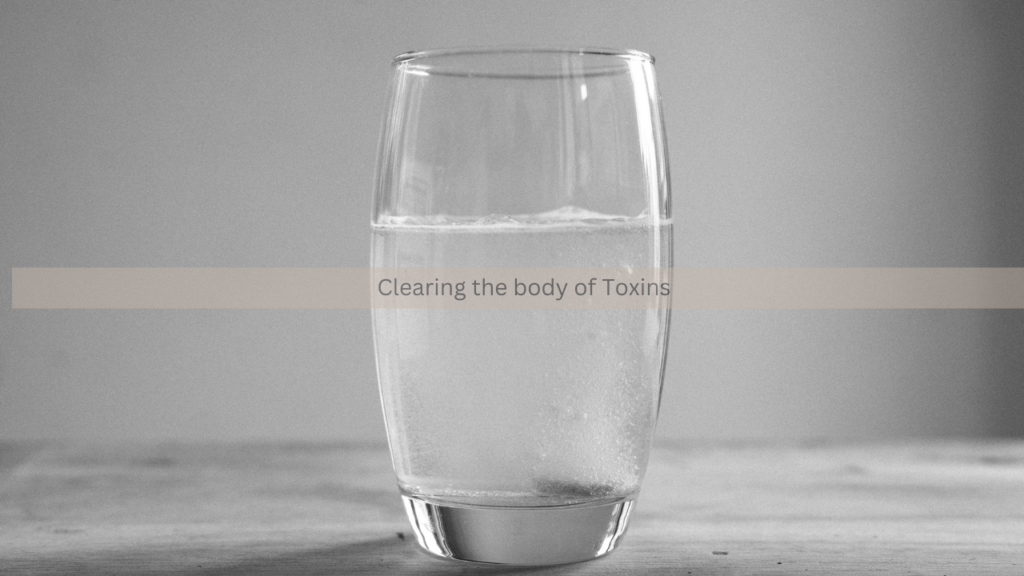
Substance abuse is a pervasive issue affecting millions of individuals worldwide. It wreaks havoc not only on the user’s physical and mental health but also on their relationships, career, and overall quality of life. One of the most crucial components of the recovery process is detoxification, commonly referred to as detox. Detox is the essential first step in many substance abuse recovery programs, and its importance cannot be overstated.
What is Detox?
Detoxification is the process of clearing the body of toxins that have accumulated through prolonged substance abuse. This phase primarily focuses on managing the acute physical symptoms of withdrawal, which can range from mild discomfort to life-threatening complications, depending on the substance and the severity of the addiction. The purpose of detox is not only to rid the body of these harmful chemicals but also to stabilize the individual physically and mentally in preparation for further treatment.
Why is Detox the First Step?
Detox is considered the foundational step in substance abuse recovery for several reasons. First and foremost, when an individual is physically dependent on a substance, their body and brain have adapted to the presence of the drug. Attempting to quit abruptly without medical supervision can lead to severe withdrawal symptoms, including seizures, hallucinations, extreme anxiety, and, in some cases, death. Detox programs provide a safe, controlled environment where medical professionals can monitor the patient and administer medications to ease the discomfort and dangers of withdrawal.
Moreover, detox serves as a “reset” for the body and brain. Over time, substance abuse alters brain chemistry, affecting how the brain functions and how the individual feels. Detox helps begin the process of restoring balance, allowing the individual to start thinking more clearly and begin engaging with the emotional and psychological aspects of addiction in subsequent treatment.
Medical Detox: A Safe and Effective Approach
While some people may attempt to detox on their own, it is highly discouraged due to the dangers associated with withdrawal. Medical detox, conducted in a professional setting, is often the safest and most effective option. During a medically supervised detox, doctors and healthcare professionals monitor the patient 24/7 and provide interventions as necessary to manage symptoms. For example, medications may be prescribed to help reduce cravings, ease anxiety, or prevent complications like seizures.
Additionally, medical detox provides emotional support, which is crucial during the early stages of recovery. Many individuals struggling with substance abuse may feel overwhelmed, fearful, or anxious about the detox process. The presence of trained professionals can offer reassurance and guidance, helping to reduce feelings of isolation.
Detox as a Gateway to Comprehensive Treatment
Although detox is a critical step in recovery, it is not a standalone treatment for addiction. It simply addresses the physical dependency on a substance, but it does not tackle the underlying psychological, emotional, or social factors that contribute to addiction. Therefore, detox must be followed by comprehensive therapy and rehabilitation. Programs that include counseling, behavioral therapy, and peer support are essential to prevent relapse and address the root causes of addiction.
In conclusion, detoxification plays a vital role in substance abuse recovery. It sets the stage for the rest of the recovery process by ensuring the individual is physically stable and prepared for further treatment. By understanding the importance of detox and approaching it with the proper medical support, individuals can take their first, crucial step toward a life free from substance abuse.